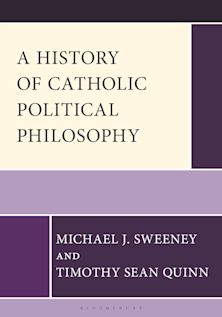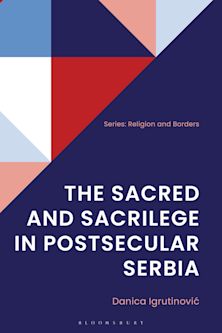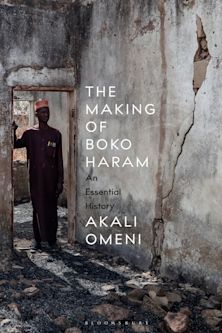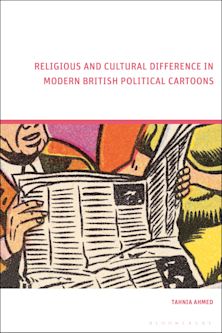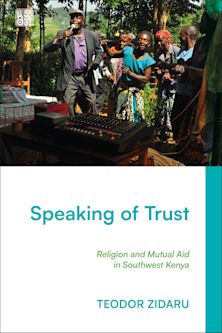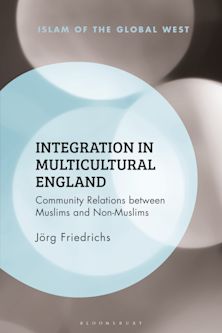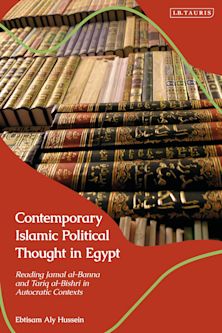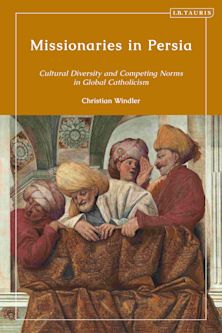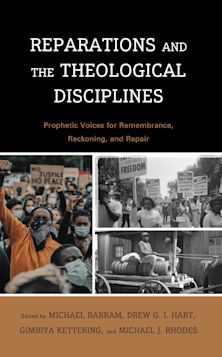Upside-down Utopia
Directionality for the City of God
Upside-down Utopia
Directionality for the City of God
This product is usually dispatched within 2-4 weeks
- Delivery and returns info
-
Flat rate of $10.00 for shipping anywhere in Australia
Description
Recent scholarship on process-driven utopia exhibits two startling omissions. The first is a lack of practical methodology proposed. The second elision is more serious. Without a way to discriminate between utopian hope and ideological agendas, the target for utopia's pursuit becomes equally suspect. In this groundbreaking, interdisciplinary investigation of processual theory and methodology, Jay Burkette argues that while situating utopia within prefigurative performance remains the best option, certain facets must be refined to ensure it remains the 'good place.' These include a necessary moral grounding for its directionality as well as recognizing that different performative vectors are required from different actors. Blending the thought of Ernst Bloch, St. Augustine, Ruth Levitas, Walter Benjamin, Cristina Sharpe, Kierkegaard, and others, Upside-Down Utopia: Directionality for the City of God demonstrates that determining an appropriate heading for utopian affect entails identifying its genesis within past loss, an initial catastrophe defining humankind's nature and struggle, highlighting the need for divine aid to orient the quest for the city of God.
Table of Contents
Foreword
Introduction
Part I: Utopian Performativity vs. Merely-Political Comb
Chapter One: Utopia Revisited: Performative Process vs. Fixed Destination
Chapter Two: A Tale of Two Hopes, Part One
Chapter Three: A Tale of Two Hopes, Part Two
Part II: Epistemological Structures for Ordering Utopia's Method
Chapter Four: Faith as Utopia's Framework
Chapter Five: The Master's Tools: What Cannot be Utopia's Method
Chapter Six: The Ethical Minefield, a Relational Challenge
Part III: Ontological Frameworks and Practical Correctives Informing Utopia's Method
Chapter Seven: Alternate Futures: Privileged Utopian Correctives
Chapter Eight: Rediscovering an Ancient-Modern Utopian Language
Chapter Nine: A More Excellent Way: Invaded by Love
Conclusion: Mutual Vulnerability: A Disaster-Focused Theory
Appendix: Protopian Theory
Bibliography
About the Author
Product details
| Published | 15 Mar 2025 |
|---|---|
| Format | Hardback |
| Edition | 1st |
| Extent | 274 |
| ISBN | 9781666949049 |
| Imprint | Lexington Books |
| Dimensions | 229 x 152 mm |
| Publisher | Bloomsbury Publishing |
Reviews

ONLINE RESOURCES
Bloomsbury Collections
This book is available on Bloomsbury Collections where your library has access.












